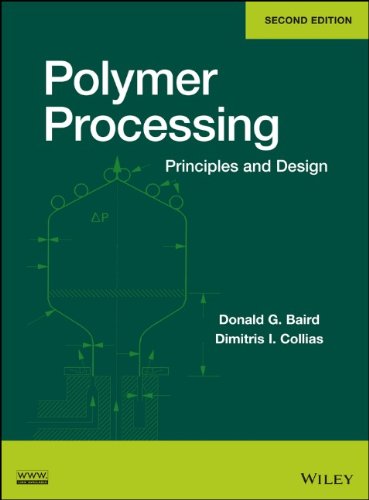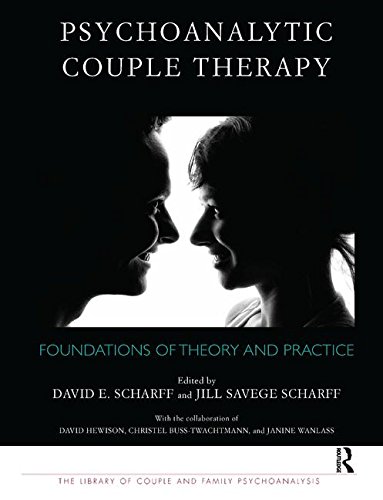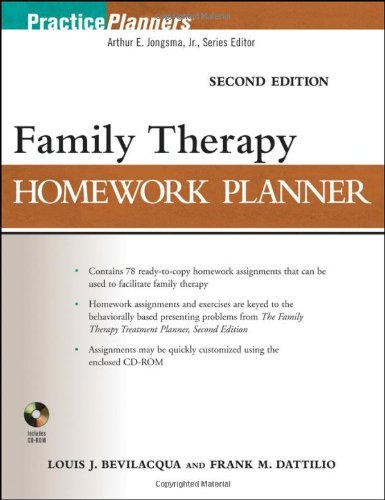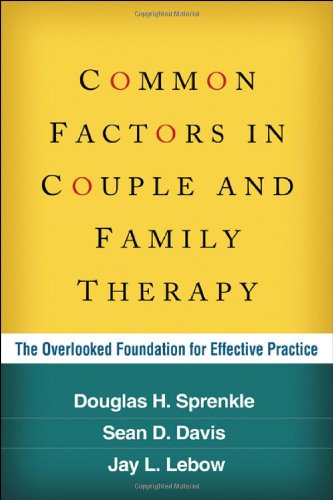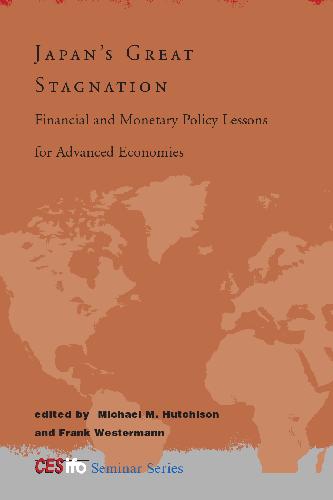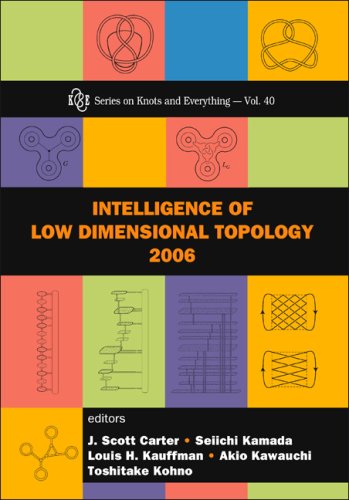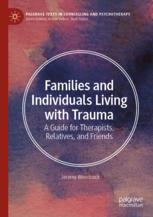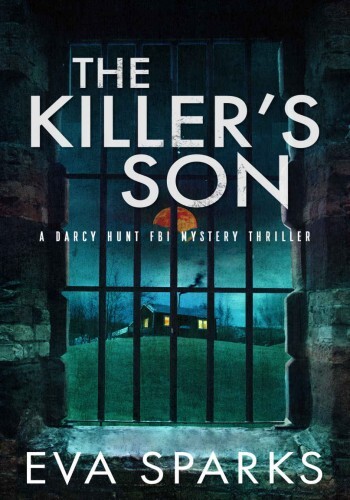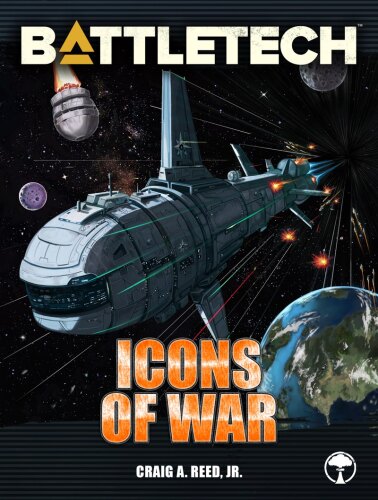موضوعات
آموزش و پرورش
ادبیات و زبان
پزشکی، دندانپزشکی و داروسازی
تاریخ و جغرافیا
داستان و رمان
دیگر
دین و فلسفه
روانشناسی
ریاضیات و آمار
سلامتی، تناسب اندام و رژیم غذایی
شیمی و پلیمر
علوم اجتماعی و حقوق
علوم زیستی و بیوتکنولوژی
فیزیک و نجوم
کامپیوتر و اینترنت
کتابهای کودکان و داستان
کسب و کار و اقتصاد
کشاورزی و دامپزشکی و غذا
معماری
مهندسی و فناوری
هنر و تئاتر
محصولات
Polymer Processing: Principles and Design - Original PDF
نویسندگان: خلاصه: Fundamental concepts coupled with practical, step-by-step guidance With its emphasis on core principles, this text equips readers with the skills and knowledge to design the many processes needed to safely and successfully manufacture thermoplastic parts. The first half of the text sets forth the general theory and concepts underlying polymer processing, such as the viscoelastic response of polymeric fluids and diffusion and mass transfer. Next, the text explores specific practical aspects of polymer processing, including mixing, extrusion dies, and post-die processing. By addressing a broad range of design issues and methods, the authors demonstrate how to solve most common processing problems.Psychoanalytic Couple Therapy: Foundations of Theory and Practice - Original PDF
نویسندگان: خلاصه: In this time of vulnerable marriages and partnerships, many couples seek help for their relationships. Psychoanalytic couple therapy is a growing application of psychoanalysis for which training is not usually offered in most psychoanalytic and analytic psychotherapy programs.This book is both an advanced text for therapists and a primer for new students of couple psychoanalytic psychotherapy. Its twenty-eight chapters cover the major ideas underlying the application of psychoanalysis to couple therapy, many clinical illustrations of cases and problems in various dimensions of the work. The international group of authors comes from the International Psychotherapy Institute based in Washington, DC, and the Tavistock Centre for Couple Relationships (TCCR) in London. The result is a richly international perspective that nonetheless has theoretical and clinical coherence because of the shared vision of the authors.Family Therapy Homework Planner, Second Edition - Original PDF
نویسندگان: خلاصه: Features new and updated assignments and exercises to meet the changing needs of mental health professionals The Family Therapy Homework Planner, Second Edition provides you with an array of ready-to-use, between-session assignments designed to fit virtually every therapeutic mode. This easy-to-use sourcebook features: New and updated homework assignments consistent with evidence-based therapies and grouped by presenting problems including adoption, communication issues, interracial family problems, sexual abuse, and school concerns 78 ready-to-copy exercises covering the most common issues encountered by families in therapy, such as family-of-origin interference, depression in family members, divorce, financial conflict, adolescent and parent conflicts, traumatic life events, and dependency issues Expert guidance on how and when to make the most efficient use of the exercises Assignments that are cross-referenced to The Family Therapy Treatment Planner, Second Edition—so you can quickly identify the right exercise for a given situation or problem A CD-ROM that contains all the exercises in a word-processing format—allowing you to customize them to suit you and your clients’ unique styles and needs Additional resources in the PracticePlanners® series: Treatment Planners cover all the necessary elements for developing formal treatment plans, including detailed problem definitions, long-term goals, short-term objectives, therapeutic interventions, and DSMTM diagnoses. For more information on our PracticePlanners® products, including our full line of Treatment Planners, visit us on the Web at: www.wiley.com/practiceplannersCommon Factors in Couple and Family Therapy: The Overlooked Foundation for Effective Practice - Original PDF
نویسندگان: خلاصه: Grounded in theory, research, and extensive clinical experience, this pragmatic book addresses critical questions of how change occurs in couple and family therapy and how to help clients achieve better results. The authors show that regardless of a clinician’s orientation or favored techniques, there are particular therapist attributes, relationship variables, and other factors that make therapy—specifically, therapy with couples and families—effective. The book explains these common factors in depth and provides hands-on guidance for capitalizing on them in clinical practice and training. User-friendly features include numerous case examples and a reproducible common factors checklist.Japan's Great Stagnation: Financial and Monetary Policy Lessons for Advanced Economies - Original PDF
نویسندگان: خلاصه: Experts on the Japanese economy examine Japan's prolonged period of economic underperformance, analyzing the ways in which the financial system, monetary policy, and international financial factors contributed to its onset and duration.Intelligence of low dimensional topology 2006: Hiroshima, Japan, 22-26 July 2006 - Original PDF
نویسندگان: خلاصه: This volume gathers the contributions from the international conference "Intelligence of Low Dimensional Topology 2006," which took place in Hiroshima in 2006. The aim of this volume is to promote research in low dimensional topology with the focus on knot theory and related topics. The papers include comprehensive reviews and some latest results.Families and Individuals Living with Trauma - Original PDF
نویسندگان: خلاصه: What emerges from these reflections is that trauma has shaped human existence from time immemorial, and that our responses to it cannot be merely psychological. We find it decorating pottery unearthed in Attica, in monuments to fallen across the world, in the barbed wire that divides continents. What this propels us toward is the realization that because of its propensity to divide and shame and silence trauma needs its witnesses, and it should only be left in a private space at the choosing of survivors. This means that those who work in the semi-private domain of psychotherapy will be helped by partnership with witnesses outside the consulting room. There are delicate choices to be made here, for instance whether to join the march, or to write, or paint or compose or perform, or to support those that do. One of the wonderful realizations in the systemic world view is that these different perspectives are joined up at multiple levels of context. One of the tasks of therapy, when contexts are hidden from each other, is to uncover them, sometimes with the delicate patience of an archaeologist, sometimes with the explosive exuberance of performanceTrainspotting - PDF
نویسندگان: خلاصه: Trainspotting is a captivating story of the random events that occur during a critical time in a group of Scottish junkies' lives. Irvine Welsh illustrates the confusion, anger, and turmoil many drug addicts are subjected to and what happens once they try to quit.The Killer's Son - Epub + Converted PDF
نویسندگان: خلاصه: Blood and tears… better hide your fears. Fresh off of bringing down the mastermind of a global criminal network, FBI agent Darcy Hunt is called upon by the Director of the FBI to look into the disappearance of a federal judge. Armed with her characteristic zeal, Darcy is led down a dark and twisted trail of half-truths and daunting revelations, making her question the veracity of some of our nation’s most prominent leaders. Meanwhile, Marvin Hess and Toby Parsons remain deep in the shadows, patiently planning their endgame, waiting for the perfect moment to strike their final blow. Weary and tired of waiting on the sidelines in the search for her sister, Darcy turns to an unlikely friend for leads, wagering her entire career against a fervent search for her sister. The crosshairs were set on her long ago. Now they are zeroing in. Few will be left standing at the end of a twisted game where there are no winners, only the dead and the undead. M.FBattleTech: Icons of War - Epub + Converted PDF
نویسندگان: خلاصه: SYMBOLS OF POWER.... After the Word of Blake exacts an incalculable toll on Clan Wolf, Elemental warrior Garmen Kerensky is tasked by Wolf Khan Vlad Ward to undertake an audacious top-secret mission in the Clan Homeworlds. While other covert teams help the Wolves evacuate Clan Space, Garmen’s command will steal the most prized relic of Clan history: the body of the Great Father, Commanding General Aleksandr Kerensky, Garmen’s ancestor. But the father of the Clans’ founder is entombed aboard the McKenna’s Pride, a Star League-era WarShip in permanent geosynchronous orbit above the Clans’ capital city, a staunchly guarded vessel that will take ingenuity, a warrior’s spirit, and more than a little luck to reach. Stealing his ancestor’s remains is a tall order under normal circumstances, but the Homeworld Clans are on the verge of open warfare with each other, and this mission threatens to blow Clan society apart entirely. As the elite warrior guards of the Ebon Keshik hunt Garmen, he and his hardened team must navigate the intrigue of the shadowy Dark Caste to have any hope of reaching the Pride alive. But no plan ever survives enemy contact, and Garmen must overcome the forces arrayed against him or risk forever losing the Great Father’s body to the chaos and destruction of the Clans’ internal warfare.آیا کتاب مورد نظر هنوز بر روی سایت قرار نگرفته است؟ جای نگرانی نیست! کافی است بر روی گزینه سفارش کتاب کلیک کرده و درخواست خود را ثبت کنید. در کمتر از چند ساعت کتاب شما را آماده خواهیم کرد.
